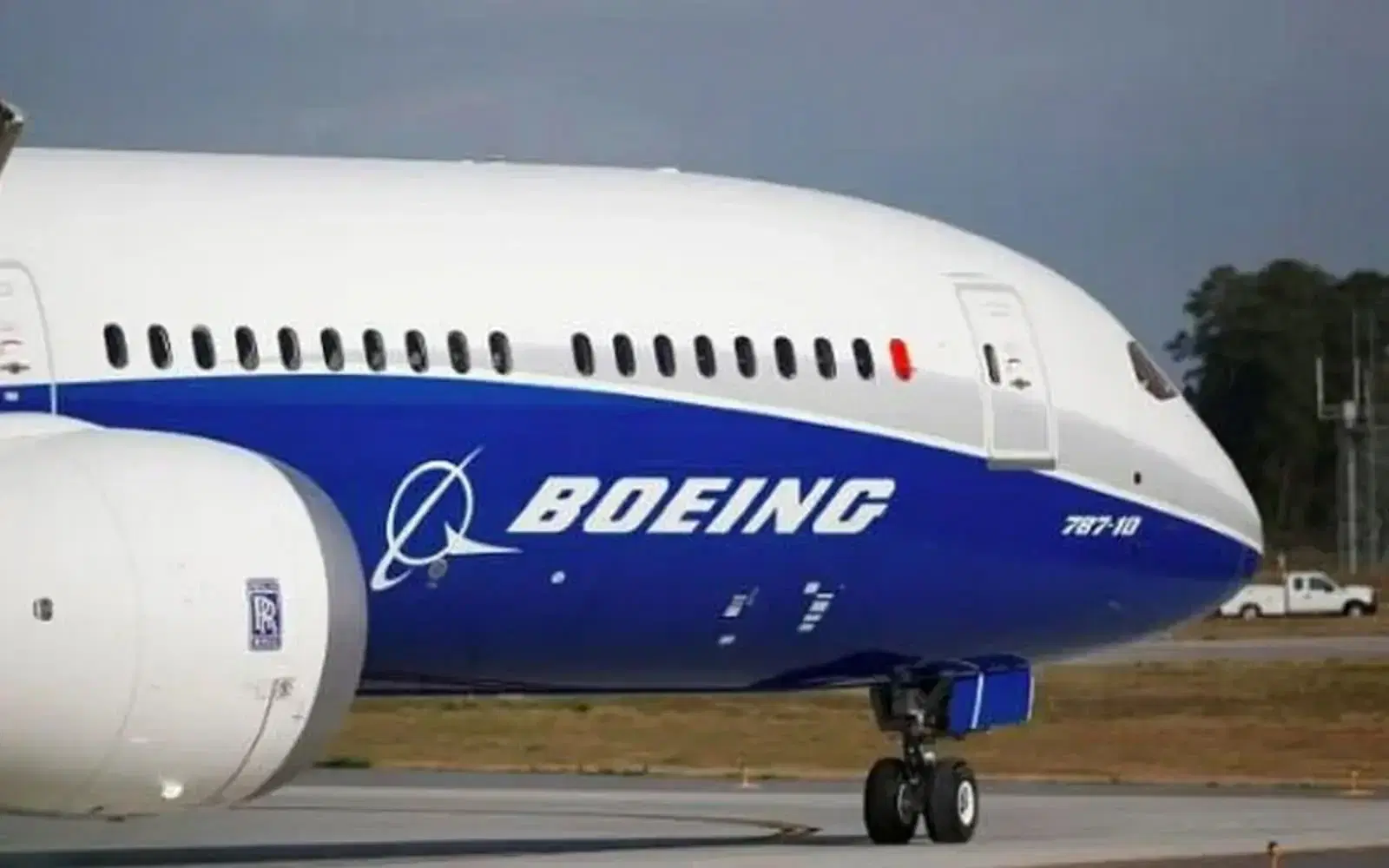Boeing workers at the company’s West Coast factory went on strike early Friday after overwhelmingly rejecting a proposed contract. This work stoppage has disrupted production of the 737 MAX, Boeing’s best-selling jet, exacerbating existing production delays and financial difficulties.
The strike, the first since 2008, comes amid heightened scrutiny from U.S. regulators and customers following an incident in January where a door panel detached from a 737 MAX mid-flight. The ongoing issues have contributed to a sharp drop in Boeing’s stock, which fell 4% in pre-market trading on Friday and has declined nearly 38% since the beginning of 2024.
New CEO Kelly Ortberg, who took the helm recently, had proposed a deal offering a 25% pay increase over four years. However, this was significantly below the 40% raise demanded by workers. Approximately 30,000 members of the International Association of Machinists and Aerospace Workers (IAM), who are involved in producing the 737 MAX and other jets in Seattle and Portland, voted against the deal by 94.6%. A two-part ballot showed 96% support for the strike.
Jon Holden, the head of negotiations for Boeing’s largest union, stated, “This is about respect, addressing the past, and fighting for our future,” before announcing the strike decision on Thursday evening. Union members responded with chants of “Strike! Strike! Strike!” as the decision was made.
The potential for a prolonged strike poses a serious threat to Boeing’s finances, already strained by a $60 billion debt load. Boeing has expressed a commitment to renegotiating with the union and addressing the workers’ concerns. The proposed contract included a $3,000 signing bonus and a promise to build Boeing’s next commercial jet in the Seattle area, contingent upon the program’s launch within the contract’s four-year term.

